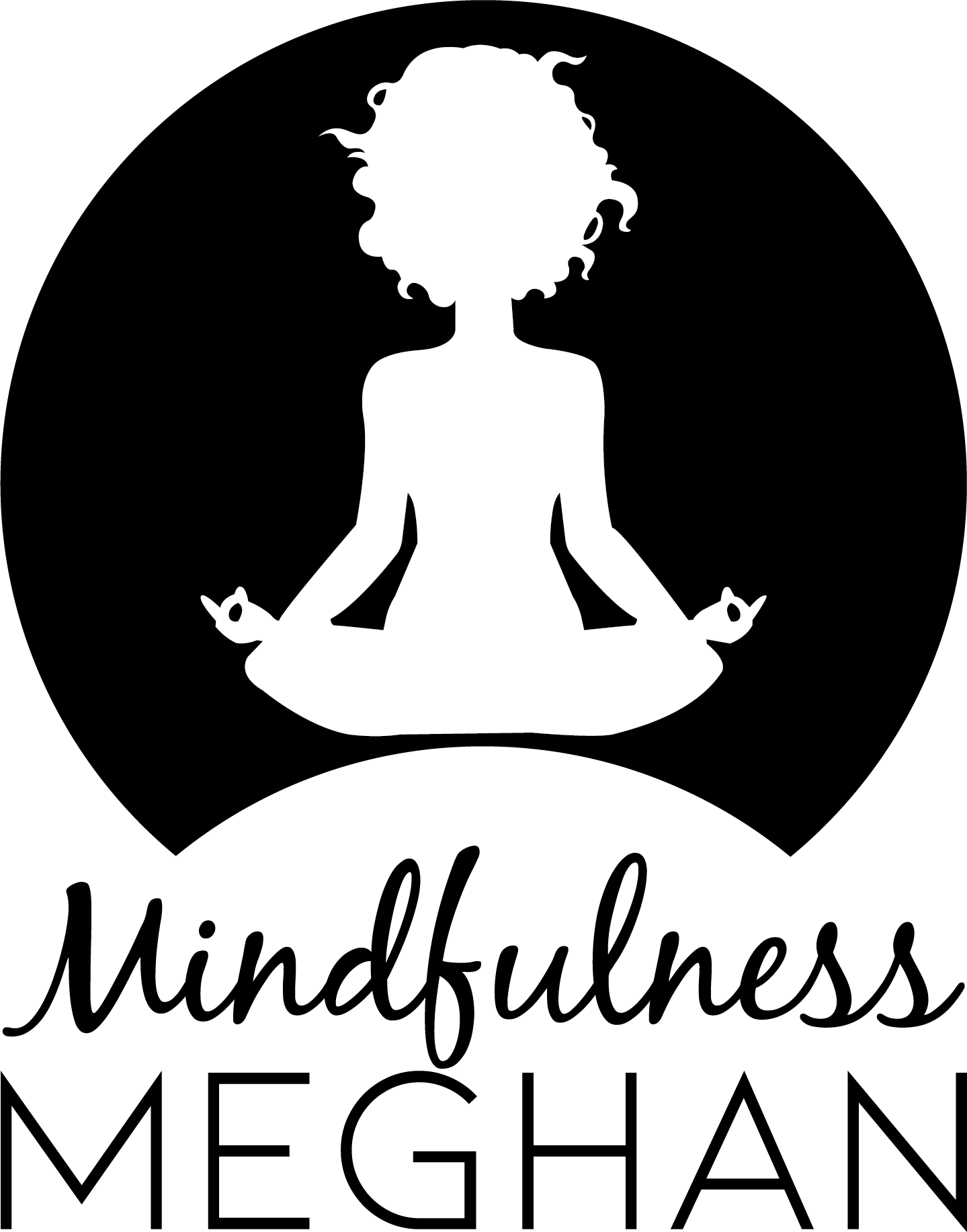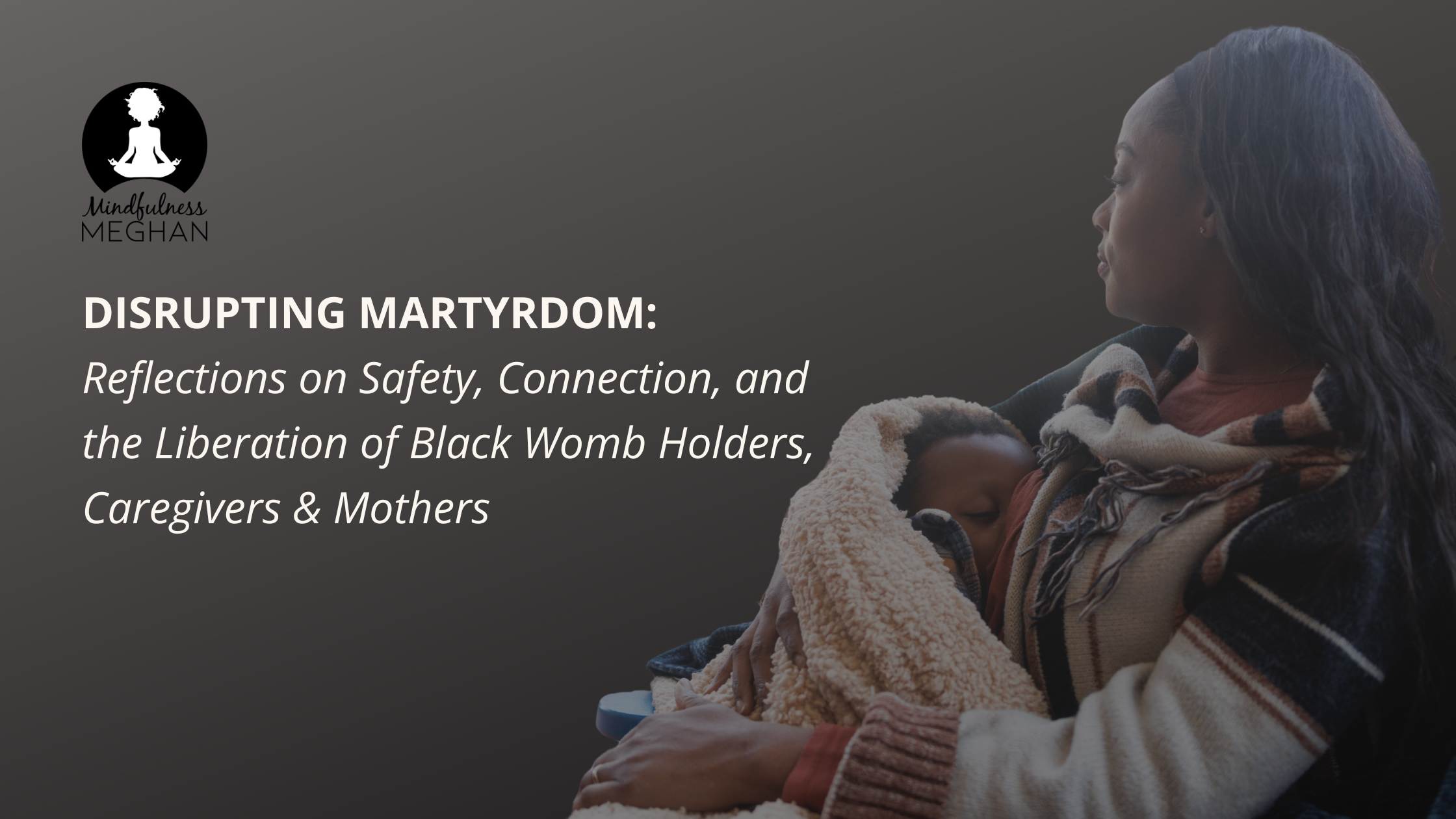Disrupting Martyrdom: Reflections on Safety, Connection, and the Liberation of Black Womb Holders/Caregivers/Mothers
This week, I had the honour of holding the decompression space for participants at Project Agape’s healing circle for Black mothers. It was tender. It was spacious. And it reminded me of something I’ve known in my body for a long time, but often forget in practice:
“Safety is not the absence of threat, but the presence of connection.” – Dr. Gabor Maté
As a mother, caregiver, and space-holder, this truth lives at the heart of everything I do. We often speak about trauma, resilience, and regulation as if they’re checkboxes to complete. But true healing, especially for Black mothers and womb holders, is relational. It lives in how we are held, how we are witnessed, and how we reconnect with ourselves and each other in the spaces that claim to care for us.
During the event, I shared something that struck a chord with many: the way Black caregivers are conditioned into heroism. How we’re taught that love means fixing, rescuing, holding it all - at any cost. In Nonviolent Communication, Marshall Rosenberg names this as part of the drama triangle - where we unconsciously step into the role of rescuer, attempting to solve and save, often to avoid our own discomfort or worthiness wounds.
I know that place intimately.
A Moment That Cracked Me Open
In a recent session with my therapist, she asked me gently:
“What do you notice in yourself when you cannot fix something as a mother?” “What are the stories in your mind telling you about yourself when you can’t fix it?”
I wasn’t ready for what that stirred.
It cracked me open. Not intellectually, but somatically. My body responded before my thoughts could. That’s how I knew this wasn’t just a concept—it was a live wound, quietly shaping how I move through the world. A self-worth wound, built over time and reinforced by systems that praise sacrifice and erase the cost of caregiving.
And in that moment, I saw how deeply the "hero" story had embedded itself in me.
Not because I wanted to be everything for everyone, but because I believed I had to be. That I was only as valuable as my capacity to hold it all.
This awareness didn’t come with shame - it came with compassion. The kind of noticing that says: “Ah, this is here. Let’s breathe with it. Let’s not abandon it.”
For Our Children, Too
One thing I hear again and again from parents -particularly Black parents, is a deep longing for their children to grow up with emotional sovereignty. A desire for their children to know themselves. To trust their voice. To be safe enough to express emotion without fear of punishment, stereotype, or erasure. To be allowed to fully be themselves in a world that often tries to shrink or distort them.
This is especially urgent for mothers of Black children, who know that systemic racism will attempt to chip away at their child’s wholeness, confidence, and expression. We don’t just want our children to succeed, we want them to feel seen and safe doing it.
That’s why my work in education is so rooted in emotional sovereignty. Because while it is necessary for racialized and vulnerable students to have access to spaces that honour their authenticity, it is beneficial for all children. Emotional sovereignty isn’t a privilege, it’s a birthright. And it’s one we must protect and nurture, collectively.
A Different Kind of Safety
Dr. Jennifer Mullan, author of Decolonizing Therapy, says:
“We heal in connection. Healing is relational. Healing asks us to acknowledge not only the trauma we’ve lived through, but the systems that maintain it—and to build the kind of emotional infrastructure that can hold both grief and joy.”
That quote stays with me. Because what we often need isn’t more performance, productivity, or perfection. What we need are spaces where we can be in process, where our nervous systems can soften, and where our emotional truths don’t have to be explained away or made palatable.
Ruth King, in Mindful of Race, writes:
“Racism is a heart disease—and it’s curable. But first we must turn toward it with wise attention.”
She reminds us that mindfulness isn’t just about personal growth. It’s a collective capacity to stay present with pain, injustice, joy, and emergence. To feel without fragmenting. To honour our rage, our rest, and our remembering.
For Black Mothers, Womb Holders, and Caregivers
When I’m asked what Black caregivers truly need, my answer is connection. Connection to ourselves. Connection to the parts of us that were never held. Connection to the breath, to the body, to the ancestors. Connection that allows us to stop performing safety, and begin embodying it.
Because the truth is, we are worthy of spaces that reflect back our wholeness, not just our labour.We are worthy of spaces that don't tokenize our presence, but support our liberation - through rest, through mindfulness, through a radical shift in how we define healing.
We are worthy of leadership models, care practices, and community designs that disrupt the martyrdom myth and invite something much more honest and sustainable in its place.
At Project Agape 's healing circle, I witnessed a space that didn’t just name these values - it lived them. And I was reminded, once again, that decompression isn’t a luxury. It’s a portal back to ourselves.
May we continue to build more of these portals, for ourselves, and for the generations we’re raising.
With gratitude,
Meghan Stewart

